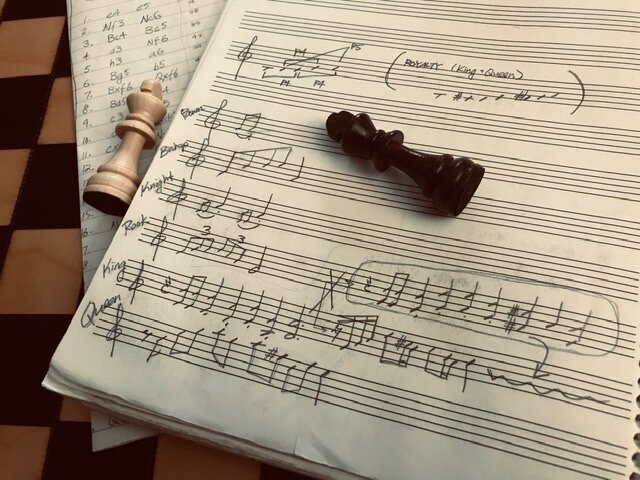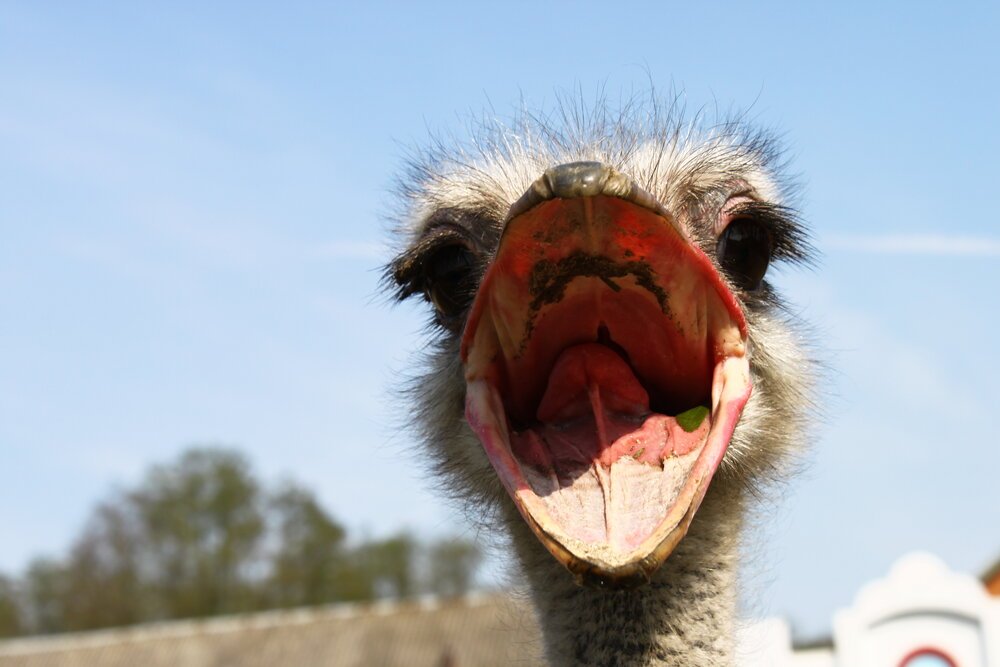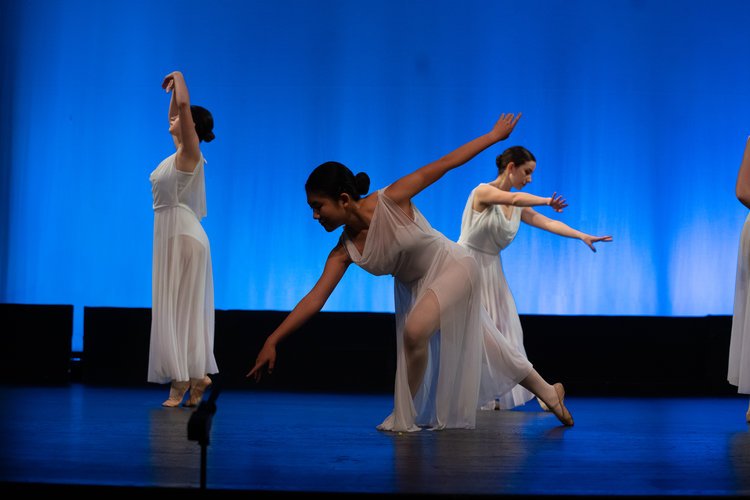July 2019 (for two violins, piano & snare drum)
Chess is a board game of strategic skill for two players, played on a checkered board. Each player begins the game with sixteen pieces that are moved and used to capture opposing pieces according to precise rules, with the object of putting the opponent’s king under a direct attack from which escape is impossible. In this piece, the two violins fight for victory with the piano and snare drum illustrating the tension in the dry air of a battlefield.
Chess is based on a real chess game I played with my friend, and it directly represents the flow of the game. First, the chess game was notated and a motif was written to illustrate the movement of each chess piece. Then came the composition process of putting these two together; motifs are introduced and varied throughout the piece in the order based on the chess game notation. Which violin do you think claimed victory?






